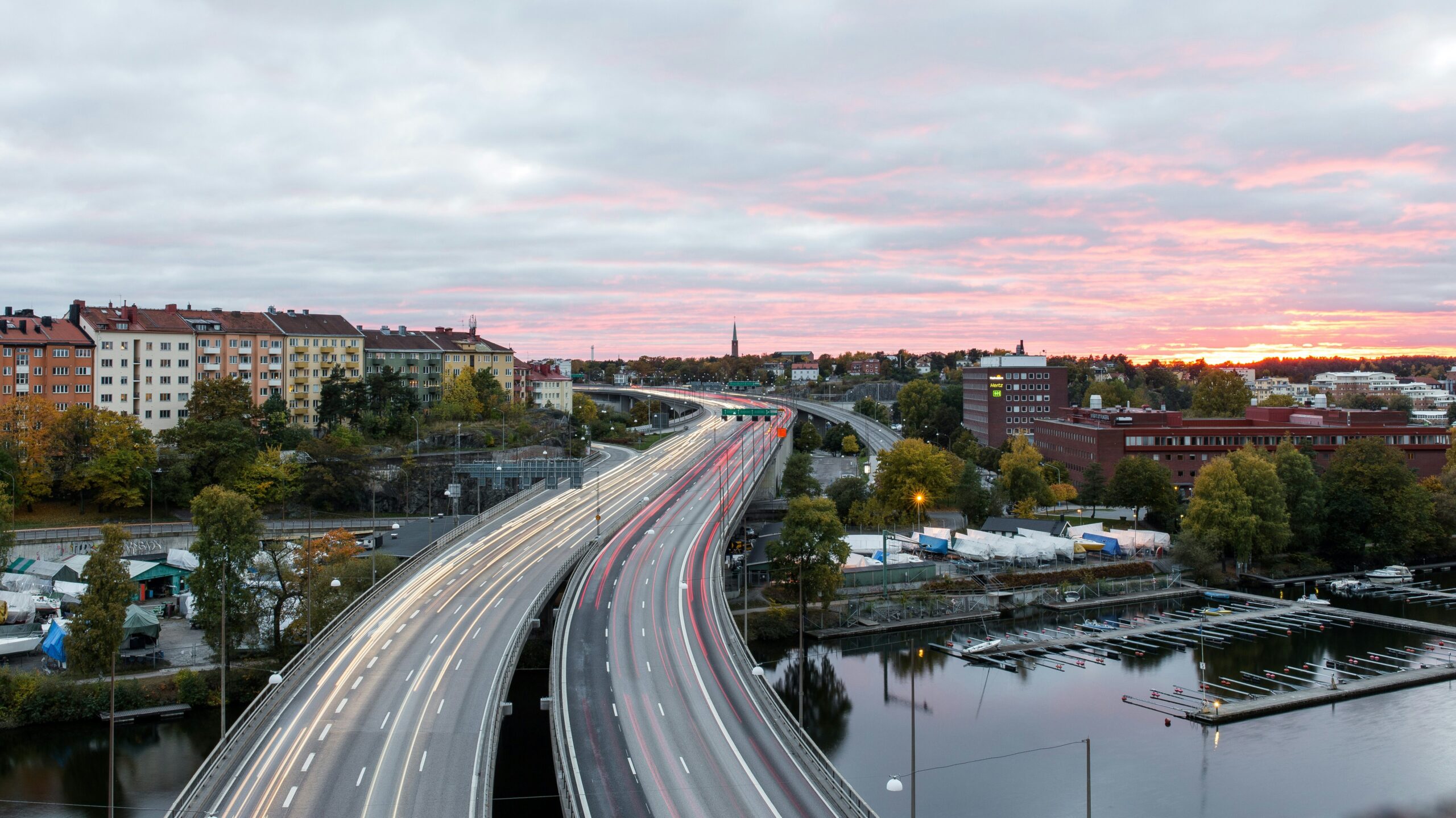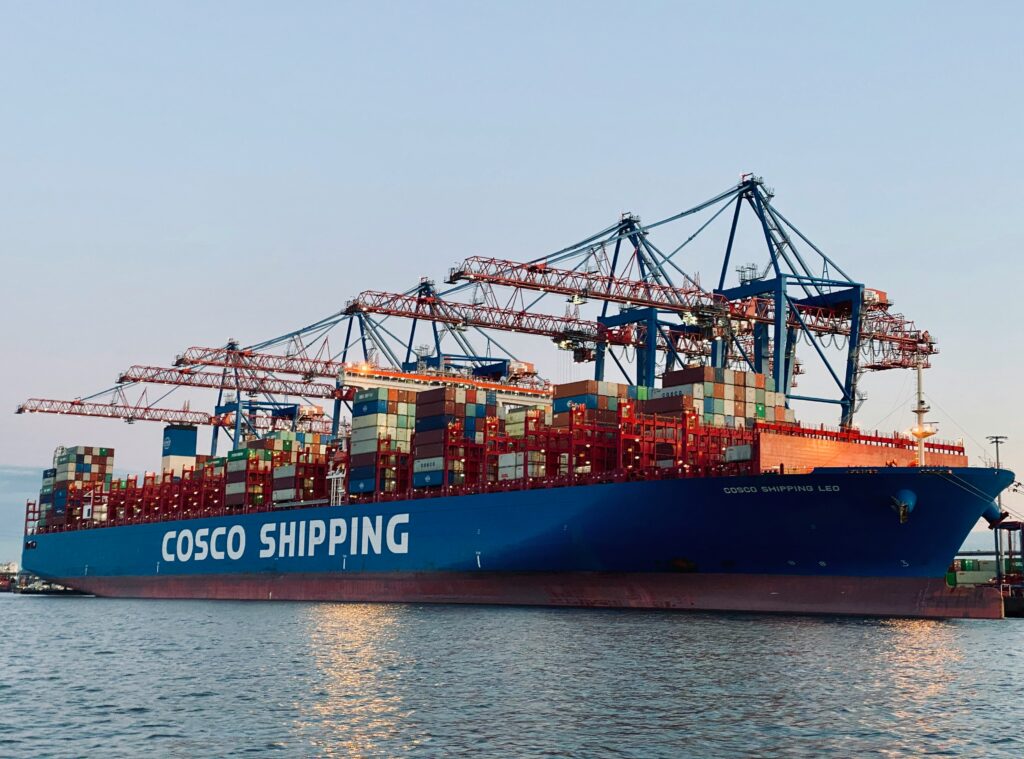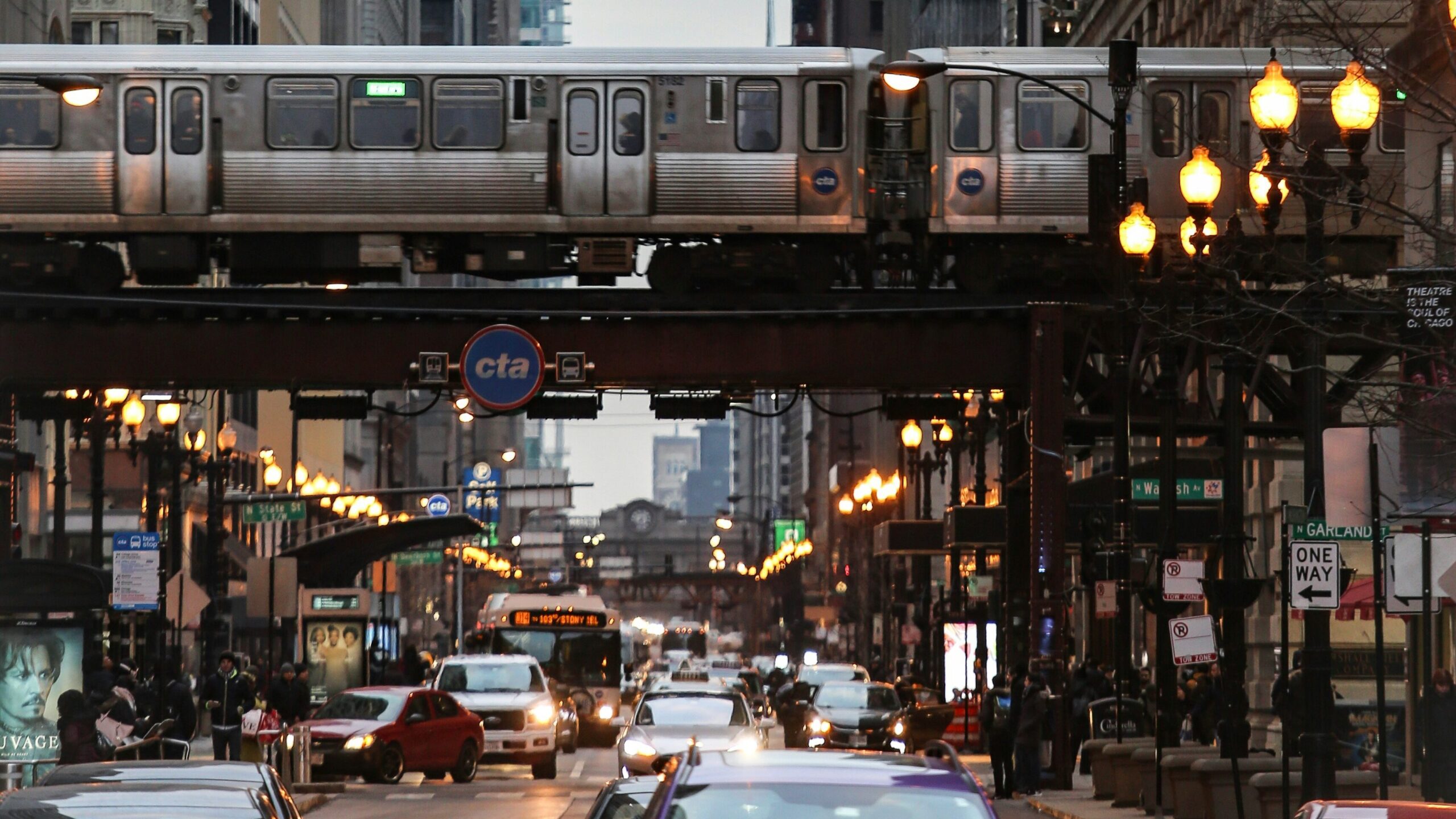Transportation planning and engineering is one of the most dynamic and impactful career paths available today. It sits at the intersection of technology, infrastructure, sustainability, and public policy. If you’ve ever searched “Should I study transportation engineering?” or “Is traffic engineering a good career?”, this guide will help you understand why the answer is a strong yes.

What is Transportation Engineering & Planning?
Transportation professionals focus on the safe, efficient, and sustainable movement of people and goods across all modes. This includes:
- Traffic Engineering: Designing intersections, traffic signals, and road networks to improve safety and flow.
- Transportation Planning: Creating long-term strategies for highways, public transit, pedestrian, and cycling systems.
- Traffic Modeling & Simulation: Using tools like VISSIM, VISUM, Synchro, and TransCAD to test future traffic scenarios.
- Transit Planning: Designing bus and rail networks, forecasting passenger demand, and optimizing routes.
- Freight & Logistics: Planning truck corridors, optimizing supply chains, managing intermodal hubs, and supporting e-commerce growth.
- Railways: Designing and modernizing passenger and freight rail systems, including high-speed rail and urban metros.
- Aviation: Airport planning, runway design, air traffic management, and airline network optimization.
- Shipping & Ports: Planning maritime trade routes, port logistics, and supporting global supply chains.
- Smart Mobility: Integrating Internet of Things (IoT), connected vehicles, and AI-driven systems into transport networks.
- Transport Analytics: Applying statistics, data science, and machine learning to analyze travel demand, optimize routes, and predict traffic conditions.
Why Choose a Career in Transportation Engineering?
Transportation engineering and planning is problem-solving with real-world impact. Every project directly affects how people live, work, and travel. This is not an abstract field; the work you do is visible in cities, highways, airports, ports, and transit systems every day.
Key reasons it’s exciting include:
- Variety of Work: From optimizing container terminals to planning metro lines or modeling truck routes.
- Technology Integration: AI, big data, and IoT are reshaping how we design and operate transportation systems.
- Global Demand: Every city, country, and region needs transportation expertise across roads, rail, air, and sea.
- Sustainability: Transportation professionals play a central role in reducing emissions and building climate-resilient infrastructure.
- Tight-knit Industry: Unlike fields like software engineering where competition is enormous, transportation is a smaller professional world where many experts know each other. This means less competition, strong professional networks, and faster career progression for motivated individuals.

Transportation and Urban Planning
Transportation and urban planning are deeply interconnected. Cities cannot function without effective transportation systems, and transportation projects cannot succeed without considering land use and urban form. For example:
- Land Use & Mobility: Transportation networks determine how cities expand, where people live, and how businesses cluster. Highways and transit lines directly shape real estate development.
- Transit-Oriented Development (TOD): Modern planning integrates housing, jobs, and amenities around public transit hubs, reducing car dependency and encouraging sustainable growth.
- Equity & Accessibility: Transportation planning ensures that all citizens, including vulnerable groups, have access to jobs, education, and healthcare.
- Urban Growth & Sustainability: The design of transport systems influences sprawl, density, congestion, and emissions. Good planning leads to compact, efficient cities.
In short, transportation is not just about moving people and goods—it is one of the main drivers of how cities grow, evolve, and thrive.

What Skills and Background Do You Need?
Transportation is a STEM-heavy profession that rewards analytical and problem-solving skills. Typical educational backgrounds include civil engineering, industrial engineering, urban planning, mathematics, or geography. However, the field is increasingly interdisciplinary, and people with strong data and business skills are also in demand.
Core skills and knowledge areas include:
- Mathematics & Physics: For understanding vehicle dynamics, traffic flow theory, logistics optimization, and design calculations.
- Statistics & Data Analysis: Essential for transport modeling, freight forecasting, and analytics.
- Computer Science & Software: Familiarity with simulation tools (VISSIM, Synchro, TransCAD) and programming skills (Python, R, SQL) for analytics roles.
- GIS & Mapping: Spatial analysis of transport networks using ArcGIS, QGIS, or similar tools.
- Policy & Planning: Understanding land use, trade, sustainability, and public policy implications.
- Business & Supply Chain Knowledge: Particularly relevant for freight, logistics, aviation, and shipping careers.

Industries That Need Transportation Engineers
Transportation professionals are in demand across multiple industries, including:
- Government Agencies & Municipalities: Transportation departments, port authorities, rail agencies, and aviation regulators.
- Engineering & Planning Consultancies: Private firms delivering traffic studies, logistics optimization, master plans, and infrastructure design.
- Construction & Infrastructure Companies: Designing and delivering highways, airports, railways, and port projects.
- Freight, Shipping & Logistics Companies: Supply chain management, route optimization, and intermodal transport.
- Tech & Mobility Startups: Autonomous vehicles, ride-sharing platforms, logistics AI, and predictive traffic solutions.
- International Development Agencies: World Bank, ADB, and UN-funded mobility and trade projects.
- Research & Academia: Universities and think tanks advancing mobility solutions.
Future Demand for Transportation Engineers
The global job market for transportation professionals is growing rapidly due to:
- Urbanization: By 2050, over 60% of the world will live in cities, creating massive demand for better mobility systems.
- Global Trade & Freight: Shipping, logistics, and rail freight are expanding to meet global supply chain needs.
- Climate Action: Governments worldwide need low-carbon transport solutions in aviation, shipping, and road transport.
- Smart Mobility & AI: Connected vehicles, predictive logistics, and AI-driven traffic systems will transform how we travel and ship goods.
- E-commerce Boom: Rising freight and delivery demand requires optimized logistics and infrastructure.
- Aging Infrastructure: Constant upgrades of roads, bridges, ports, airports, and transit systems create steady demand.
Professionals with a mix of engineering, data science, logistics, and policy expertise will have the strongest career prospects.

Transportation Engineering Salaries
Transportation engineering and planning careers are well-paid and secure:
- United States: $65,000–$75,000 entry-level, $90,000–$120,000 mid-career, $130,000+ for senior consultants and managers.
- Canada & Europe: Comparable salaries with high long-term demand.
- Middle East & Asia: Competitive pay, often with tax-free packages in the Gulf.
- Pakistan & Developing Economies: While local salaries are modest, international donor projects and consultancy roles offer very high earning potential.

Consultancy & Business Opportunities
Many transportation professionals eventually start their own consulting practices. Consultancy offers:
- Opportunities to work on global projects across multiple modes.
- The ability to specialize in niches such as freight logistics, aviation planning, road safety audits, or port operations.
- Expansion into multi-disciplinary services like GIS analysis, urban planning, and sustainability consulting.
The rise of mobility and logistics tech startups is also creating entrepreneurial opportunities for transport engineers with data and software skills.

Transportation Engineering and Planning Job Titles
- Traffic Engineer – Designs intersections, signals, and roadway systems to improve safety and efficiency.
- Transport Modeller – Uses simulation and forecasting tools to predict travel demand, assess new projects, and test policy scenarios.
- Highway Engineer – Designing, upgrading, and maintaining roadways, interchanges, and bridges.
- Geometric Designer – Focuses on the horizontal and vertical alignment of roads, ensuring safe curves, slopes, and visibility.
- Road Safety Engineer – Conducts audits, crash analyses, and designs countermeasures to improve roadway safety.
- Pavement Designer – Determines pavement thickness and materials for roads, runways, and industrial yards.
- Intelligent Transportation Systems (ITS) Engineer – Works with technology such as sensors, cameras, and connected vehicles to optimize traffic operations.
- Railway Engineer/Designer – Track alignments, signaling systems, and stations for passenger and freight rail systems.
- Aviation Planner – Airport facilities, runways, terminals, and airside/landside operations to handle current and future demand.
- Port & Shipping Planner – Designs and optimizes seaports, cargo terminals, and maritime logistics operations.
- Freight & Logistics Planner – Focuses on goods movement, trucking routes, intermodal hubs, and supply chain efficiency.
- Surveyor – Collects topographic, traffic, and land data essential for engineering design and construction.
- Estimator / Quantity Surveyor – Prepares cost estimates, budgets, and bills of quantities for transport projects.
- Traffic Analyst / Data Scientist – Analyzes traffic counts, GPS data, and travel surveys to support planning and operations.
- Urban/Transport Planner – Integrates land use with mobility systems, focusing on transit-oriented development and sustainable growth.
- Project Manager/Engineer – Oversees transportation projects from initiation to completion, handling schedules, budgets, and client communications.
- Researcher / Academic – Works in universities or think tanks, advancing knowledge in traffic flow theory, smart mobility, and sustainability.
- Construction Manager – Supervises the on-site execution of transportation infrastructure projects.
- Policy Analyst – Focuses on transportation regulations, policy frameworks, and long-term mobility strategies.
- Consultant – Provides advisory services on specialized areas like toll roads, smart cities, road safety, or sustainable transport.
Is Transportation Engineering a Good Career for the Future?
If you’re wondering whether to pursue a degree in transportation engineering, traffic engineering, logistics, or transport analytics, here’s why the answer is yes:
- Strong job security and career stability.
- Competitive salaries across regions.
- A smaller, well-connected professional industry with lower competition compared to more saturated fields.
- Opportunities to design and manage the smart, sustainable, and interconnected transport systems of tomorrow across roads, rail, air, and sea.

Final Thoughts
A career in transportation planning, engineering, logistics, or analytics is more than just a job—it’s a chance to shape how societies move, trade, and thrive. With the rise of AI, IoT, connected vehicles, e-commerce logistics, and global supply chain growth, this field is becoming even more exciting and future-proof. Whether you choose to work in government, consulting, freight, aviation, shipping, or entrepreneurship, the opportunities are vast and expanding.
Transportation is an inherently interdisciplinary field, and combining it with other degrees can open powerful career paths. For example, many students pursue a Civil Engineering undergraduate degree followed by a Master’s in Transportation Engineering, which gives them a solid foundation in design and construction along with advanced expertise in traffic, transit, and mobility planning.
Pairing Transportation Engineering with a Master’s in Computer Science or Data Science creates career opportunities in transport analytics, AI-driven traffic management, smart cities, and autonomous vehicle systems. A Transportation degree combined with an MBA equips graduates for leadership roles in consulting, project management, logistics companies, and government agencies. Similarly, pairing transportation with Environmental Studies or Sustainability leads to careers in climate-focused urban planning and low-carbon mobility solutions, while combining it with Public Policy or Economics opens doors to strategy, governance, and international development work. These hybrid programs not only expand skillsets but also make graduates highly competitive in emerging sectors where transportation intersects with technology, business, and sustainability.



